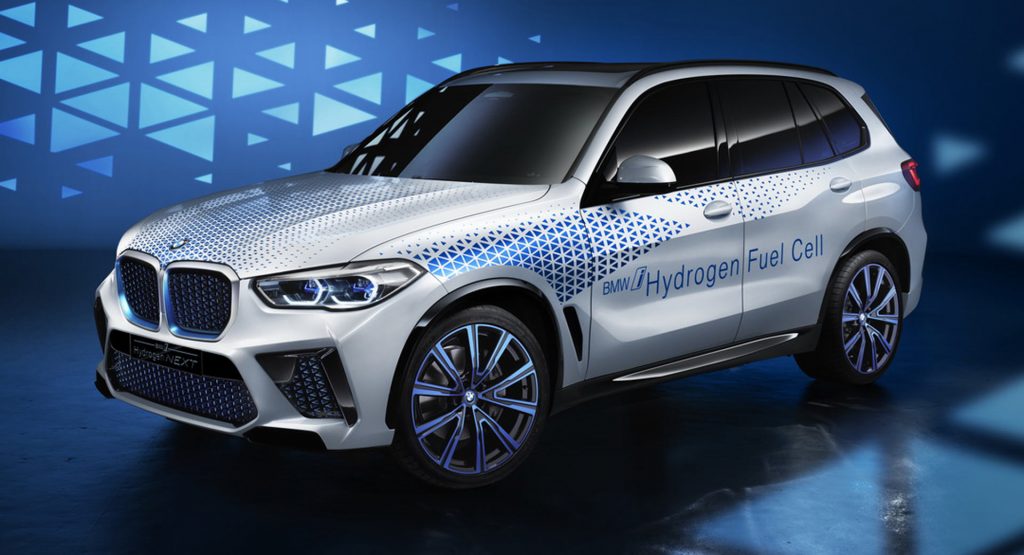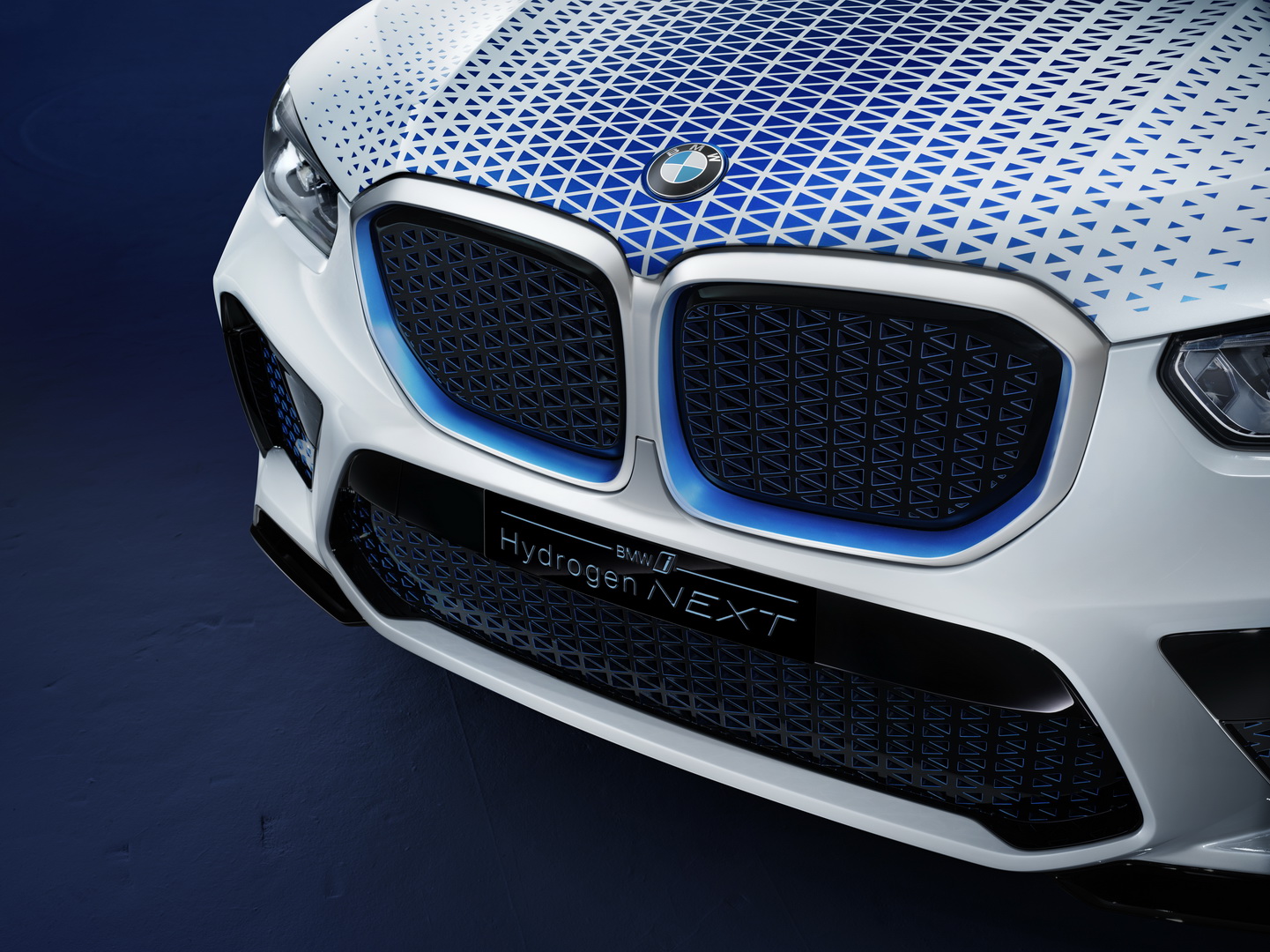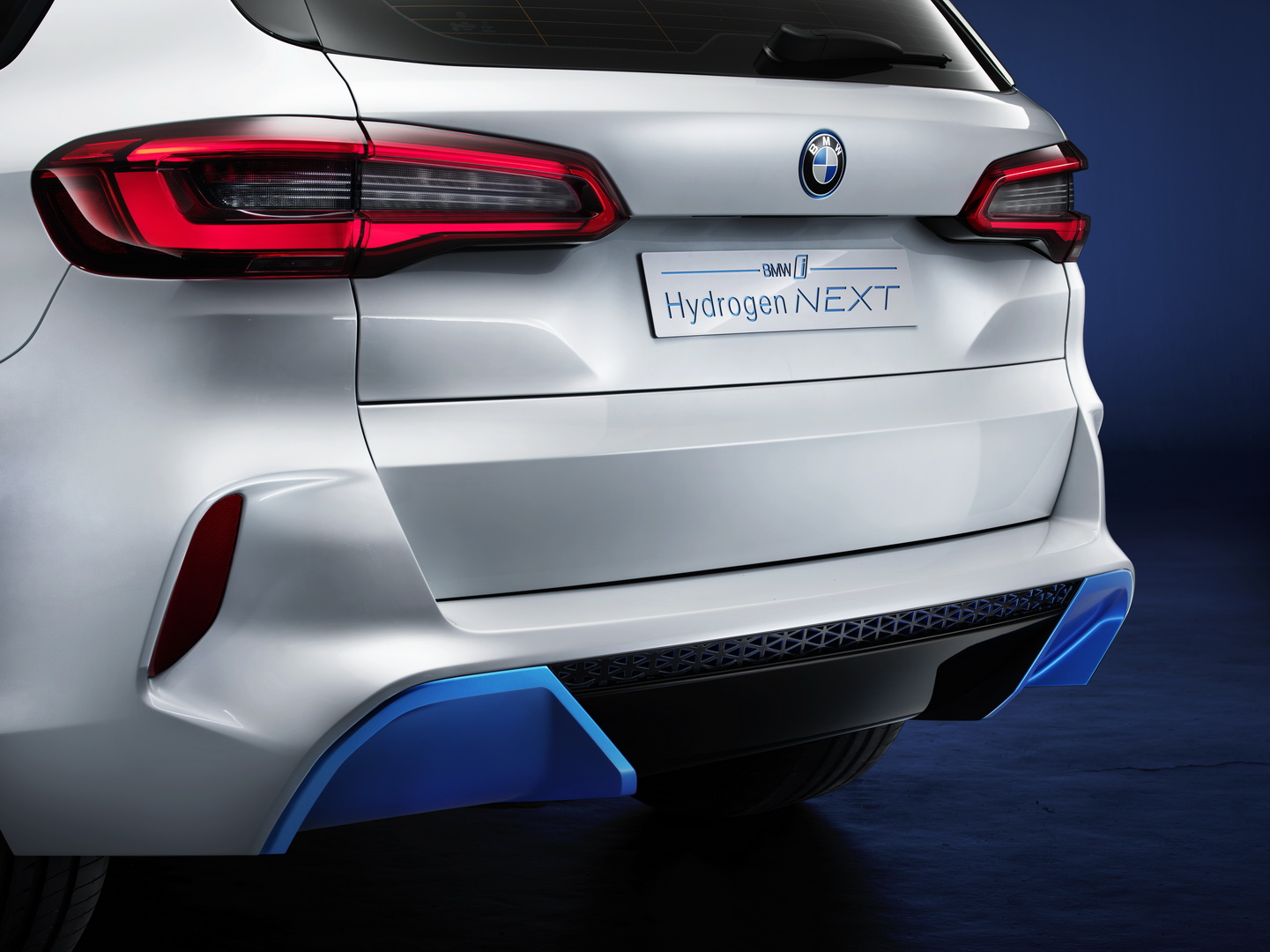BMW’s vice president for hydrogen, fuel cell technology, and vehicle projects, Dr. Jürgen Guldner, believes the cost of hydrogen fuel cell vehicles will plummet in the coming years.
He says hydrogen-powered models could become as cheap as ICE-powered vehicles within five years. While speaking with The Telegraph about the automaker’s fuel-cell plans, Guldner revealed work is underway on BMW’s third generation of hydrogen powertrain technology.
This comes almost five years since BMW teamed with Toyota in 2015 to collaborate on hydrogen technology.
Also Read: BMW To Develop Fuel-Cell Powered X6 And X7
“We are already starting to work on the third generation with a clear challenge to bring down the cost to the point where we can enter the market,” Guldner said. “2025 would be the earliest [for price parity with ICEs]. If you look at the plans that Japan, Korea and others have published, they all suggest a window of opportunity between 2025 and 2030 for equalizing the cost with conventional technology.”
Guldner says one way to reduce the costs of hydrogen powertrains will be to reduce the amount of platinum used to make the small cells in the fuel cell stack.
In 2022, BMW is expected to launch its X5 FCEV having previewed the hydrogen SUV in the form of the i Hydrogen Next FCEV concept from last year’s Frankfurt Motor Show. Prototypes currently being tested by BMW are good for between 250 and 300 miles (402-482 km) of range, but Guldner says they will soon be capable of traveling 350 miles (563 km). Hydrogen versions of the X6 and X7 should follow the X5 FCEV into the market.





